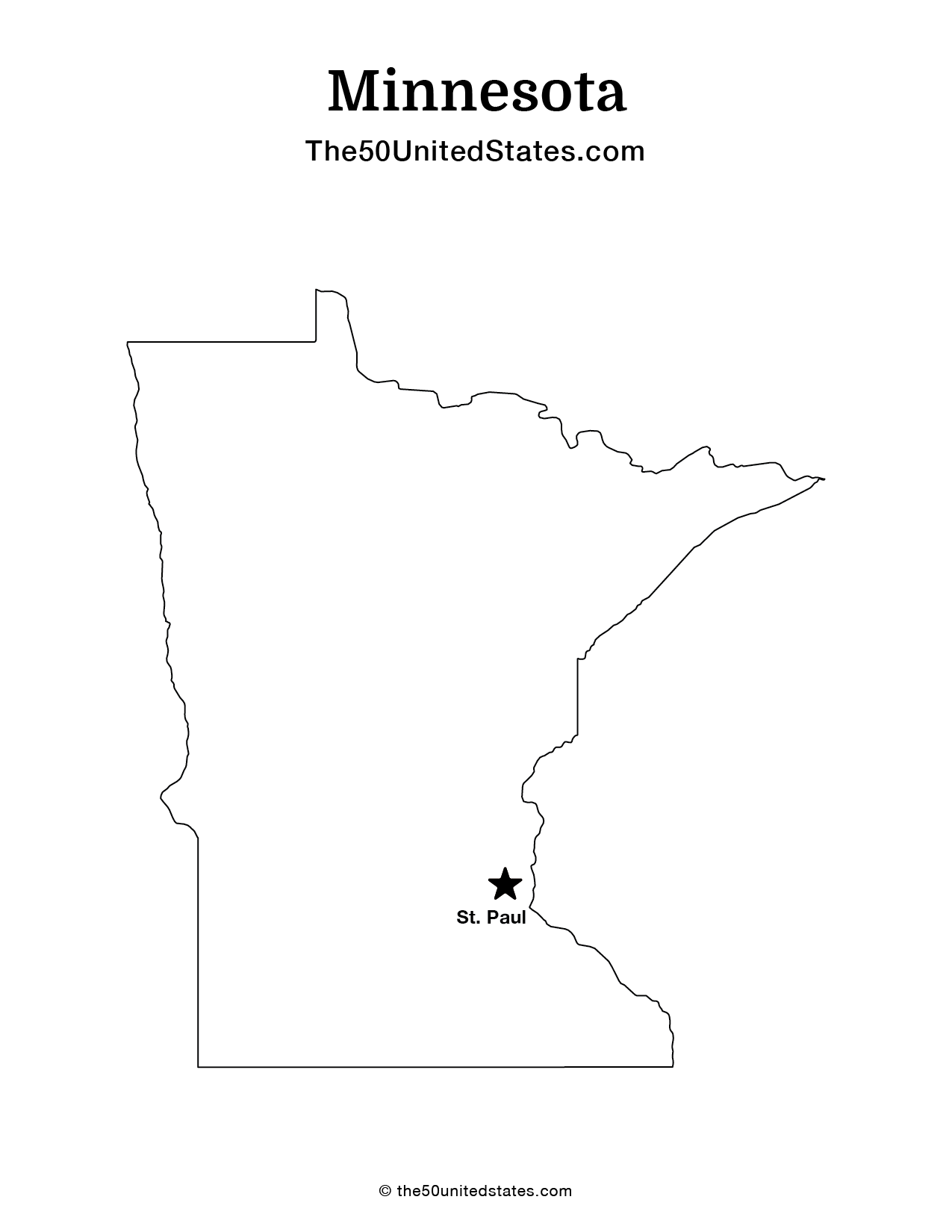Lauren Boebert, the outspoken U.S. Congresswoman from Colorado, has once again found herself at the center of a media storm, this time over a geographical gaffe that has sparked both ridicule and concern. Her recent comments linking Detroit to Minnesota have not only highlighted a potential lack of geographical knowledge but also underscored the importance of accurate information in public discourse. As her words ripple through social media and news outlets, they offer a fascinating case study in how misinformation can spread and the implications it can have on public perception.
The connection between Lauren Boebert and Detroit might seem tenuous at first glance, yet it forms an intriguing narrative about the intersection of politics, geography, and public awareness. By mistakenly associating Detroit with Minnesota, Boebert inadvertently opened a dialogue about regional identities and the nuances of American geography. This article delves into the details of her statements, exploring their origins, the reactions they provoked, and what they reveal about the broader landscape of political communication in today's fast-paced media environment.
Rep. Lauren Boebert recently criticized Minnesota Governor Tim Walz on X (formerly Twitter). However, her critique took an unexpected turn when she mistakenly placed Milwaukee in Minnesota. This error highlights the complexities of engaging with national issues while maintaining geographical accuracy. Such mistakes can undermine credibility and invite scrutiny, especially in the digital age where information travels swiftly and is often amplified by social media platforms.
Misplaced Cities: A Lesson in Geography
Beyond the initial amusement caused by Boebert's mix-up, there lies a deeper issue concerning geographic literacy among public figures. The confusion between cities like Milwaukee and states such as Minnesota raises questions about the educational background and preparation of those entering public service. It serves as a reminder that leaders should possess a comprehensive understanding of the country they represent, lest they risk misleading constituents or appearing uninformed.
Geography plays a crucial role in shaping policy decisions, particularly those involving regional development, infrastructure, and resource allocation. Misunderstandings about location can lead to misguided policies or misplaced priorities, impacting communities negatively. Therefore, fostering greater geographic awareness among policymakers could enhance their ability to address regional challenges effectively and equitably.
In the context of Boebert's statement, the error underscores the need for vigilance in fact-checking before making public declarations. While social media offers a platform for rapid communication, it also demands precision to avoid spreading misinformation. Encouraging thorough research and verification processes within political circles could help mitigate similar incidents in the future.
Refugee Aid Myths: Clarifying Misinformation
An archived piece from FactCheck.org addresses another dimension of Boebert's rhetoric—her stance on refugee aid. The article discusses how conservative narratives sometimes conflate assistance provided to authorized refugees with the limited support available to other immigrant groups. Such conflations can distort public understanding of immigration policies and fuel misconceptions about government spending.
Clarifying these distinctions is essential for promoting informed discussions about immigration reform. By distinguishing between different types of aid programs and their recipients, policymakers and citizens alike can better evaluate the effectiveness and fairness of current measures. Moreover, dispelling myths around refugee assistance helps counteract stereotypes and fosters empathy towards vulnerable populations seeking refuge.
Boebert's involvement in perpetuating such narratives, whether intentionally or otherwise, illustrates the power dynamics inherent in political discourse. When influential voices propagate unverified claims, they contribute to a climate of distrust and polarization. Thus, encouraging transparency and accountability in political communications becomes vital for nurturing constructive dialogues about complex social issues.
Hearing Room Mishaps: Boebert's Courtroom Appearance
A separate incident saw Boebert attending her son Tyler's court hearing in Colorado, dressed in a yellow dress. This appearance coincided with her vocal opposition to Governor Tim Walz of Minnesota, further intertwining personal and professional aspects of her life. The juxtaposition of family matters with political critiques highlights the multifaceted nature of modern political personas, where private lives often intersect with public duties.
Her presence at the courtroom drew attention not only because of her high-profile status but also due to its timing amidst ongoing debates over various governance issues. Critics may view such appearances as distractions from pressing legislative responsibilities, while supporters argue they demonstrate humanizing qualities in leadership roles. Regardless of perspective, these moments serve as reminders of the dual pressures faced by elected officials balancing personal commitments with public obligations.
Furthermore, Boebert's association with controversial topics continues to generate significant media coverage, amplifying both praise and criticism. As she navigates these waters, her actions remain under intense scrutiny, reflecting broader societal trends regarding celebrity politicians and the evolving nature of political engagement in contemporary America.

